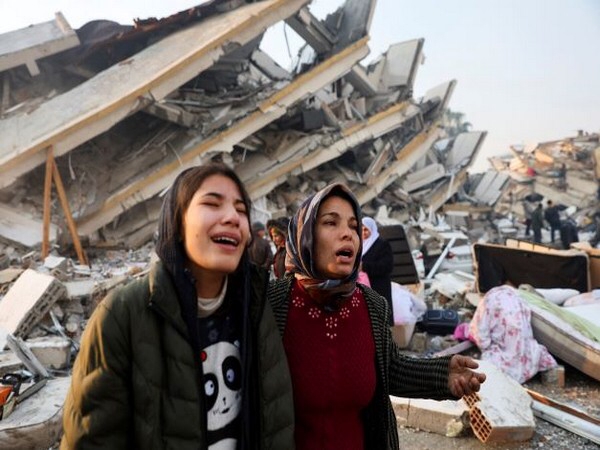
It has been announced that those impacted by the earthquakes in Turkey and Syria would be permitted to temporarily reside with relatives in Germany.
“This is emergency aid. We want to allow Turkish or Syrian families in Germany to bring their close relatives from the disaster area to their homes without bureaucracy”, German Interior Minister Nancy Faeser said on Saturday, February 11.
She said this would be done with regular visas, which would be swiftly issued and remain valid for three months.
The decision was made after the number of earthquake-related fatalities exceeded 29,000 on Sunday. Both countries have experienced mass displacement.
About 2.9 million people of Turkish origin live in Germany, with more than half holding Turkish nationality.

Since former German Chancellor Angela Merkel opened the country’s borders to refugees in 2015 and 2016, the Syrian community, which is also sizable, has been estimated at 924,000.
In 2014, there were 118,000 Syrians living in Germany.
“As the German government, we want to help ensure that families in Germany can temporarily take in relatives affected by the earthquake if they no longer have a roof over their heads or need medical treatment,” Germany’s Foreign Minister Annalena Baerbock said on Twitter on Saturday.
The foreign and interior ministries, according to Baerbock, had established a “task force” to start the initiative.
“The aim is to make visa procedures as unbureaucratic as possible for those affected. We have increased staff at foreign missions in Turkey and reallocated capacities,” added Baerbock.
According to a report from a German news agency, the accelerated and priority visas are intended to benefit people who have been particularly affected individually by the disaster, who may be in danger of becoming homeless, for example, or have suffered injuries that require treatment.
Furthermore, it was said that the scheme is intended for victims who want to find asylum in Germany and stay with first- or second-degree relatives who are either German citizens or who have a permanent residency status.
Author-Roberta Appiah





